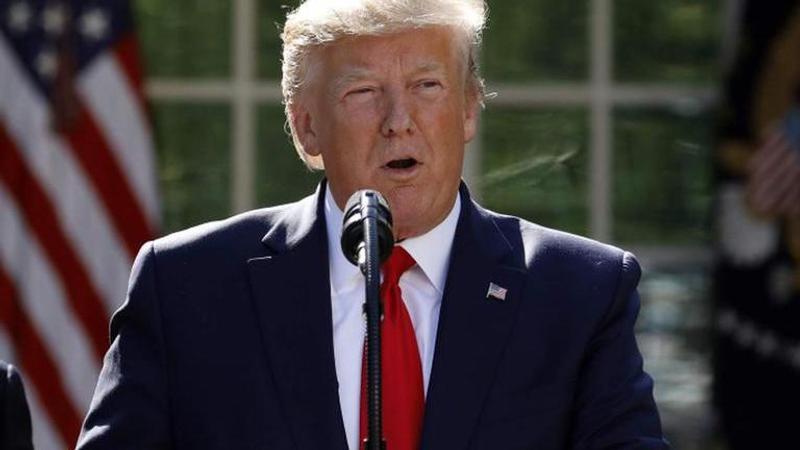Published 05:40 IST, July 10th 2020
Pentagon: US will respond if bounty reports true
Top Pentagon leaders told Congress on Thursday that reports of Russia offering Taliban militants bounties for killing Americans were not corroborated by defense intelligence agencies, but said they are looking into it and the U.S. will respond if necessary.

Top Pentagon leaders told Congress on Thursday that reports of Russia offering Taliban militants bounties for killing Americans were not corroborated by defense intelligence agencies, but said they are looking into it and the U.S. will respond if necessary.
Defense Secretary Mark Esper said his military commanders heard initial reports on the bounties in January and he first saw an intelligence paper about it in February. While the threats were taken seriously, he said they have not yet been found credible.
Esper and Gen. Mark Milley, chairman of the Joint Chiefs of Staff, were testifying before the House Armed Services Committee on the role of the military during recent protests triggered by the killing of George Floyd.
Several House members asked about the Russian bounty reports. Milley said Russia and other nations have long worked against the U.S. in Afghanistan, but the specific notion of bounties has not been proven.
“If in fact there’s bounties directed by the government of Russia or any of their institutions to kill American soldiers, that’s a big deal,” he said. “I and the secretary and many others are taking it seriously, we’re going to get to the bottom of it, we’re going to find out if, in fact, it’s true. And if it is true we will take action.”
The bulk of the hearing focused on the role of the National Guard soldiers during the civil unrest in support of law enforcement agencies.
Esper said using the Guard was a better alternative than using active-duty forces as President Donald Trump had threatened.
His stance is at odds with Trump, who had spoken of invoking the Insurrection Act in order to use active-duty forces on the streets of the nation's capital during protests in late May and early June that included limited acts of violence, such as setting a fire in St. John's Episcopal Church near the White House. Several active-duty units were put on alert but ultimately were not deployed in Washington.
Thursday was the first time Esper and Milley have testified before Congress since March 4, when they appeared to discuss the administration's defense policy proposal.
Updated 05:40 IST, July 10th 2020




